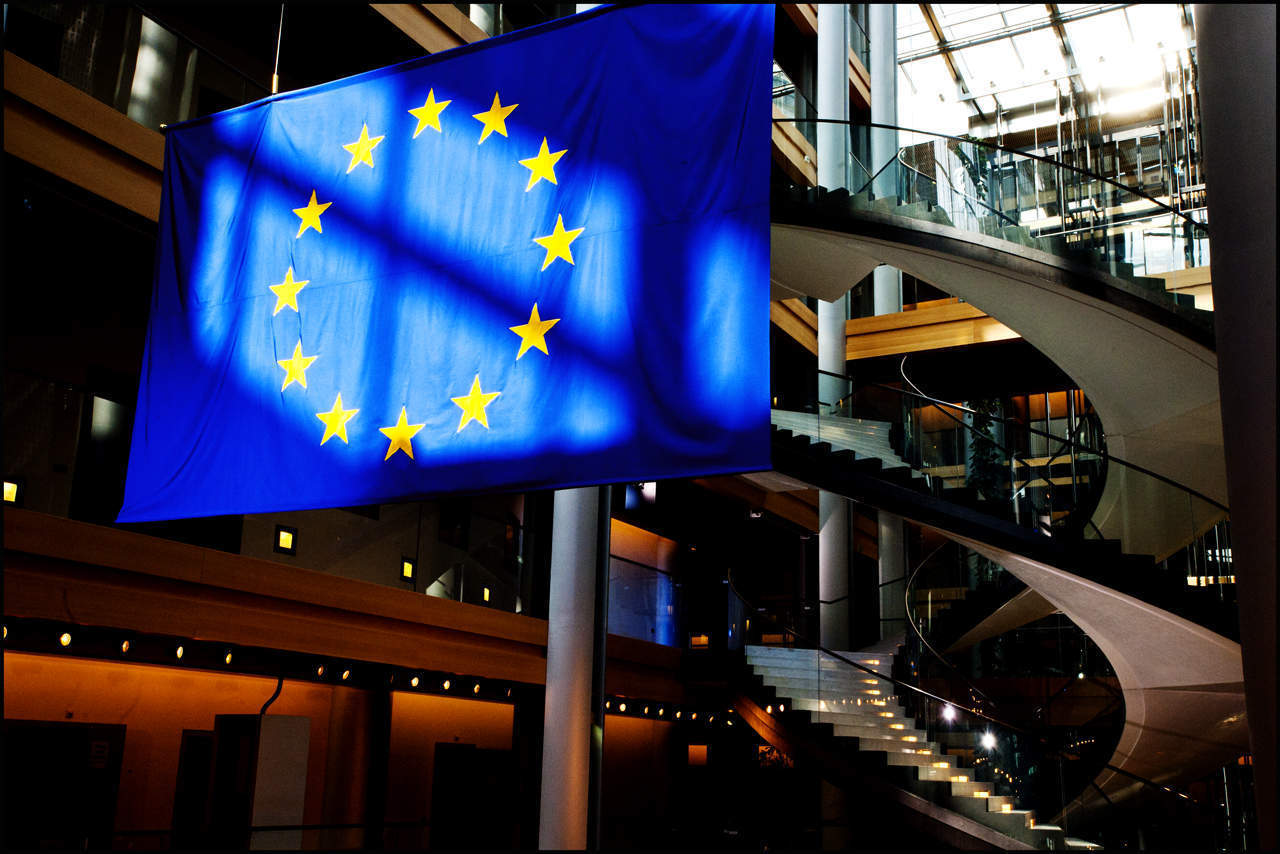
This weekend, heads of state and governments in the European Union will come together to mark the 60th anniversary of the Treaties of Rome.
This was the treaty which became the foundation for the EU.
Here are five things to expect from the informal summit.
1. Security is high on the agenda
After the terror attack that took place in London earlier this week, which saw one policeman and two civilians killed outside the Houses of Parliament, security is going to be tight in Rome.
Italy’s interior minister Marco Minniti ordered increased security in the capital city. Several protests and rallies are expected throughout the day and there could be up to 5,000 police and security agents patrolling the streets.
2. The ‘Future of Europe’ is on the table
President Juncker will present a white paper on the future of Europe during the meeting. This will take into account the policies set out in the Bratislava declaration and in Juncker’s State of the Union address, back in September.
How well do you really know your competitors?
Access the most comprehensive Company Profiles on the market, powered by GlobalData. Save hours of research. Gain competitive edge.

Thank you!
Your download email will arrive shortly
Not ready to buy yet? Download a free sample
We are confident about the unique quality of our Company Profiles. However, we want you to make the most beneficial decision for your business, so we offer a free sample that you can download by submitting the below form
By GlobalDataThe Bratislava declaration set out an agenda including resorting full control of external borders, ensuring internal security, boosting the single market and strengthening EU cooperation on external security and defence. The white paper is expected to lay out directives to achieving these goals.
3. Brexit will overshadow the celebrations
Earlier this week, Downing Street announced that Theresa May will trigger Article 50 on Wednesday 29 March, and begin the formal process of the UK exiting the EU.
This is likely to overshadow the celebrations, as the EU will soon be preparing negotiations with the UK government over Brexit.
4. Greece isn’t very happy with the Rome Declaration
Athens initially said it will refuse to sign the Rome declaration which will chart the future of the post-Brexit EU, however it has backed down on this since.
At the centre of the issue is that Greece wants the text to spell out more clearly the protection of labour rights. The country’s separate debt talks with international lenders are also stuck on this issue.
An EU diplomat in Brussels told Reuters that Athens attempts to win leverage will not succeed.
“We won’t be blackmailed by one member state which is linking one EU issue with a totally different one,” they said.
On Friday, the Greek prime minister Alexis Tsipras, said it will support the declaration but it wants it to be clear that the document will apply to Greece in case talks over a key bailout review hit roadblocks again.
“We intend to support the Rome Declaration, a document which moves in a positive direction,” he said.
“Nevertheless, in order to be able to celebrate these achievements, it has to be made clear, on an official level, whether they apply also to Greece. Whether, in other words, the European acquis is valid for all member states without exception, or for all except Greece.”
5. Poland is also causing trouble in the EU
Poland has also threatened to refuse to endorse the declaration, because of the ‘multi-speed Europe’ concept.
This is an attempt by countries such as Germany and France to help improve decision-making in the EU by allowing countries who want to deepen cooperation in specific areas to press ahead without waiting for the rest of the bloc to decide.
Poland reportedly fears they could be left behind by the wealthier west European nations.
Polish prime minister Beata Szydlo said:
“If the declaration does not include the issues which are priorities for Poland, we will not accept the declaration.”




